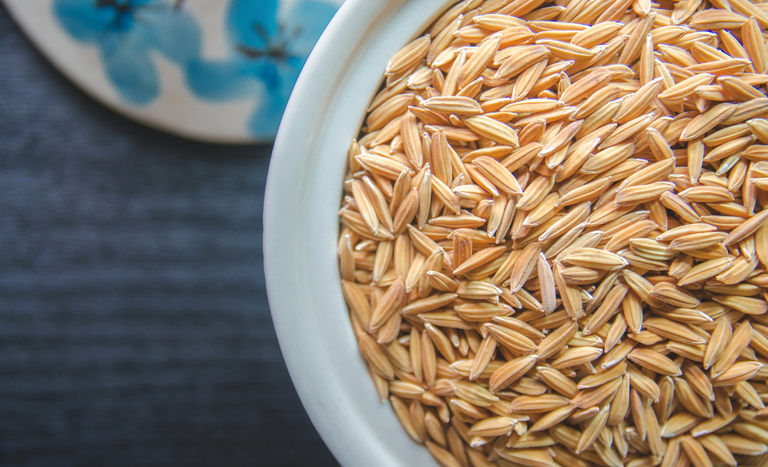Agriculture

The aim of the Agriculture Working Group is to promote international cooperation in addressing critical issues for global agriculture such as food security, sustainable agriculture, technological innovation, and climate change adaptation.
About the WG
The Agriculture WG is an important forum for G20 members to strengthen cooperation on agricultural issues, with one of the main topics under discussion being the targets for achieving the United Nations (UN) 2030 Agenda's Sustainable Development Goals (SDGs). The following are some of the strategic agendas:
Sustainability in agrifood systems in its multiple aspects: the central role of agrifood systems for food and nutritional security, rural development and sustainable management of natural resources. Multiple paths to achieving sustainable food systems based on local realities and characteristics. Example of tropical agriculture and agroecology
Extending international trade's contribution to food and nutrition security: international trade is a significant part of the solution to food insecurity. International trade measures linked to environmental sustainability objectives must be rooted in international cooperation, based on science and compatible with the rules of the World Trade Organization (WTO). Product processing, in addition to adding value, can facilitate market access for family farmers and reduce food loss and waste. International development banks can play an important role in mobilizing resources, increasing and improving the quality of investments towards more sustainable and productive agricultural models.
Recognition of the essential role of family farming, peasants, indigenous peoples and traditional communities for sustainable, healthy and inclusive food systems: family farming (including peasants, indigenous peoples and traditional communities, fishermen, pastoralists, forest gatherers and agricultural workers) plays a key role in the transition to sustainable, healthy and inclusive food systems. Family farmers will be able to benefit from targeted and synergistic public policies and customized solutions to facilitate production and their access to the market. Special attention to policies for women, young people, indigenous peoples and traditional communities.
Promoting the sustainable integration of fisheries and aquaculture into local and global social chains: aquatic food systems are fundamental to global food security and nutrition, and are an essential source of income and social inclusion for many countries. The significant expansion of fish production to meet the growing global demand for food will have to be provided by aquaculture. Strengthen the implementation of international commitments related to fisheries, seeking to reduce market distortions and overexploitation of aquatic resources and asymmetries between developed and developing countries.
WG background
Created in 2011, the G20 Agriculture Working Group was designed to help reduce food price volatility. Since then, it has become an important forum for improving and assisting G20 members in matters related to agriculture.
Brasil has been a member of the WG on Agriculture since its creation and currently includes the ministries of Agriculture and Livestock (MAPA), Agrarian Development and Family Farming (MDA) and Fisheries and Aquaculture (MPA), as well as representatives from the Ministry of Foreign Affairs (MRE) and the Brazilian Agricultural Research Corporation (EMBRAPA).